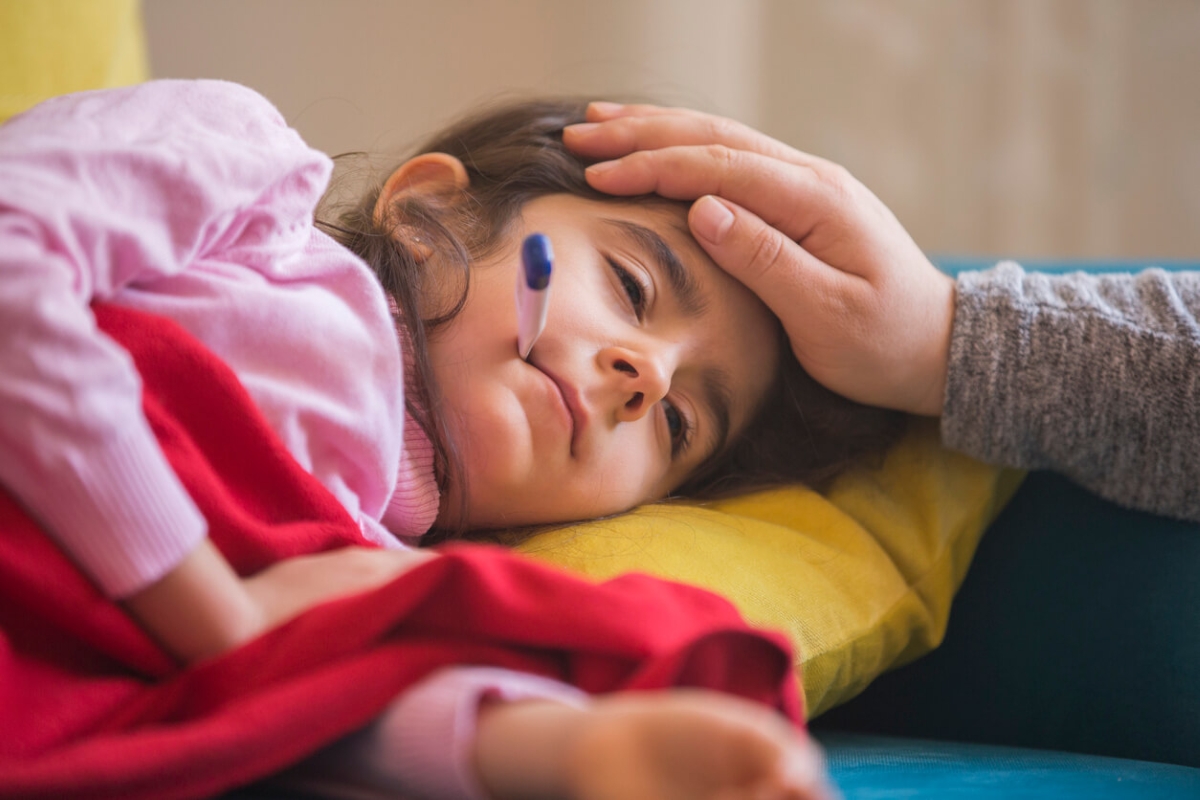Published May 31, 2025 | 2:43 PM ⚊ Updated May 31, 2025 | 5:52 PM

Covid 19 preventive advisory. (Supplied)
Synopsis: Amid a resurgence of Covid-19 cases, Karnataka’s Health Department issued an advisory urging schools to send home symptomatic students and staff. India reported 2,710 active cases as of 30 May, with Kerala, Karnataka, and Tamil Nadu most affected. The surge is linked to Omicron subvariants. States are boosting preparedness, but officials stress current strains are less virulent and urge calm.
Karnataka Health Department, following the resurgence of Covid-19 cases, has issued an advisory to schools as a preventive measure.
The advisory told schools to instruct parents against sending their wards to school if they have symptoms of Covid-19 and also send them back home if they come to school with cold, cough and fever.
As of 30 May, India is witnessing a resurgence of Covid-19 cases, with active infections reaching 2,710. Southern states, particularly Kerala, Karnataka, and Tamil Nadu, are among the most affected.
Kerala leads with 1,147 active cases, followed closely by Karnataka with 234 and Tamil Nadu reporting 148 active cases.
In the advisory, the Karnataka’s Department of Health and Family Welfare, ahead of the resumption of schools in the month of June, issued the following instructions:
The advisory has been signed by the Commissioner of Health and Family Welfare, KB Shivakumar.
In response to the rising cases, Karnataka’s Department of Health and Family Welfare released a detailed advisory on 31 May for managing healthcare workers (HCWs) in both Covid and non-Covid areas of hospitals.
ILI/SARI Surveillance:
Laboratory Reporting:
Genomic and Environmental Surveillance:
Data and Reporting:
IEC:
Infection Control:
General Precautions:
The government has also released a public advisory aimed at engaging citizens in surveillance and prevention.
This uptick in cases is attributed to the emergence of new Omicron subvariants, notably NB.1.8.1 and LF.7, which are believed to have higher transmissibility rates.
Since January 2025 there have been total of 22 deaths with the deceased testing positive for Covid-19. Amongst this Karnataka saw three deaths and in all three cases those who died were the elderly and were being treated in the hospitals for their comorbid condition. The health department has clarified that the finding of Covid-19 in all three cases were incidental.
Meanwhile Tamil Nadu also has reported a death, of a 60-year-old man with known type 2 diabetes, hypertension and chronic kidney disease. Ma Subramanian, Minister for Health and Family Welfare of Tamil Nadu, clarified that, “He died to his comorbid conditions and not due to Covid 19.”
In response to the rising cases, the Union Health Ministry has requested all states and union territories to submit detailed reports on their Covid-19 preparedness by 2 June. States are ramping up testing, ensuring adequate stock of RT-PCR kits, and reinforcing hospital infrastructure to manage potential surges.
Tamil Nadu has directed district health officials to enforce public health standards rigorously at large gatherings, including religious and cultural events. Under the Tamil Nadu Public Health Act, 1939, authorities have the power to restrict movement and prohibit gatherings if necessary. Event organisers are mandated to provide essential services like sanitation and potable water, with local authorities overseeing compliance.
Ma Subramaniam told media on Saturday, 31 May, that the state has sufficient bed and oxygen facilities. “Separate wards have been already allocated specifically for this purpose in all district and taluk headquarters hospitals, as well as medical college hosptials.”
Meanwhile, he requested the public to not believe or spread rumours and reiterated that now-spreading Covid-19 variants are less virulent. “There is no need for panic. Follow the usual safety measures and that is sufficient,” Ma Subramiam added.
(Edited by Sumavarsha).

